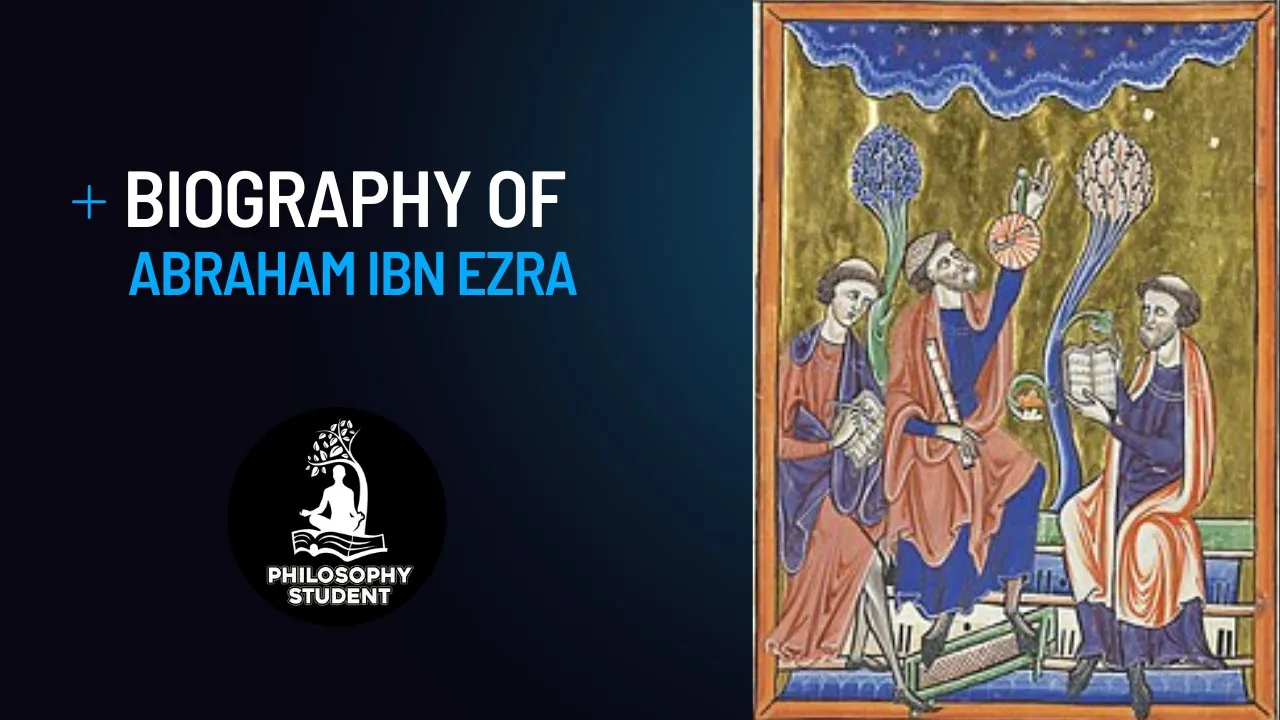Born between 1089 and 1092 in Tudela, Spain, Abraham Ibn Ezra claimed Córdoba as his birthplace. Other than these conflicting facts, little is known of Ibn Ezra’s family, although he himself mentions having a wife and five children, one of whom, Isaac, became a celebrated poet. Ibn Ezra was a friend of Judah Halevi, one the great philosophers of Jewish Spain. Ibn Ezra traveled widely over some thirty years, venturing as far as Baghdad. He wrote poetry, composed a distinguished series of Torah commentaries, translated the works of the grammarian and biblical exegetist Judah ben David Hayyuj from Judeo-Arabic to Hebrew, and composed important biblical commentaries. He died between 1164 and 1167.
In addition to his theological works, Ibn Ezra published extensively in science, but his most significant contributions to philosophy are his approach to biblical criticism (hermeneutics) and Yesod Mora Vesod Hatorah of 1158, a book on the structure and reasons for the Biblical commandments. No less a figure than Baruch Spinoza cited Ibn Ezra as support for his contention that the Pentateuch was not written by Moses, but by another who lived much later. As a philosopher of religion, Ibn Ezra was Neoplatonic in orientation, avoiding Kabbalistic interpretation of scripture, struggling to divine the most literal sense of the word, and always stressing rationalism in his approach to scripture



































